USA
Rwanda’s president Paul Kagame told delegates at the United Nations General Assembly (UNGA) that Africa’s global position must change in response to recent positive developments on the continent.
Kagame, who is also the African Union chairperson, was the first African head of state to address the UNGA General Debate on Tuesday.
He cited key milestones across the continent over the past 12 months including signing of the Africa Continental Free Trade Agreement, cessation of hostilities among countries in the Horn of Africa and the progress made by Zimbabwe to deal with political and economic challenges.
‘‘The trend on our continent is toward closer and more productive cooperation both through the African Union and our Regional Economic Communities,’‘ Kagame said.
‘‘The United Nations Security Council must work with the African Union to monitor progress made by countries in the Horn of Africa.’‘
Kagame pointed out that while progress has been made to mitigate conflict on the continent, work still needs to be done to ‘harmonise overlapping initiatives’ and ensure that ‘signed agreements are respected’.
He asked the United Nations to continue working with the continent to resolve crises in Central Africa Republic, Libya and South Sudan among others.
Security Council
Kagame, who said the three representatives of Africa at the United Nations Security Council (UNSC) would be presenting a resolution shortly, asked delegates to work towards reducing the imbalance of power at the United Nations.
With only five permanent members at the powerful UNSC including United States, China, Russia, France and the United Kingdom, the rest of the members of the UN have always called for more equal representation.
‘‘The current two-track system of governance where some players are more important than others is not sustainable,’‘ Kagame warned.
Similar sentiments had been earlier shared by the Turkish president who told delegates at UNGA that the system of giving more power to countries that contribute more financially cannot achieve true justice.
The UNSC which has 15 members, including 10 non-permanent members who are elected to serve two-year terms by the General Assembly, is the only U.N. body that can make legally binding decisions and has the power to impose sanctions and authorize the use of force.
U.N. Security Council hails Eritrea’s diplomatic efforts in Ethiopia, Djibouti



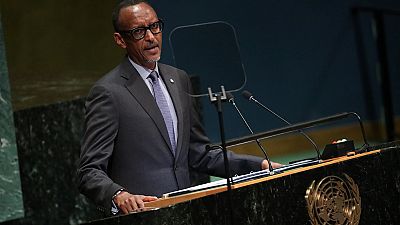

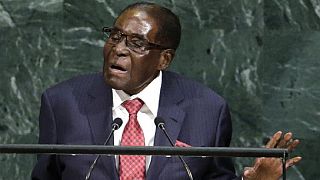
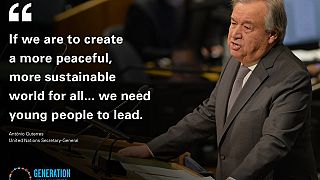
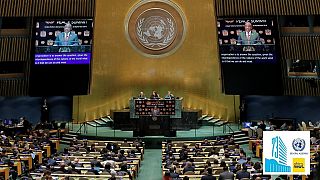
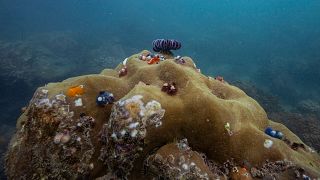
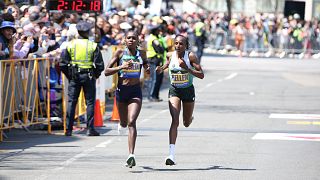




01:16
Africa mourns Pope Francis, a voice for peace and justice
01:14
ECOWAS Meets in Ghana to Tackle Member Withdrawals
Go to video
Iran seeks Russia's support for its nuclear talks with US
Go to video
EU foreign ministers discuss Ukraine, Syria and EU-African relations in Luxembourg.
Go to video
French diplomats given 48-hour notice to leave Algeria
01:58
Latin American leaders urge unity amid U.S. trade and migration tensions